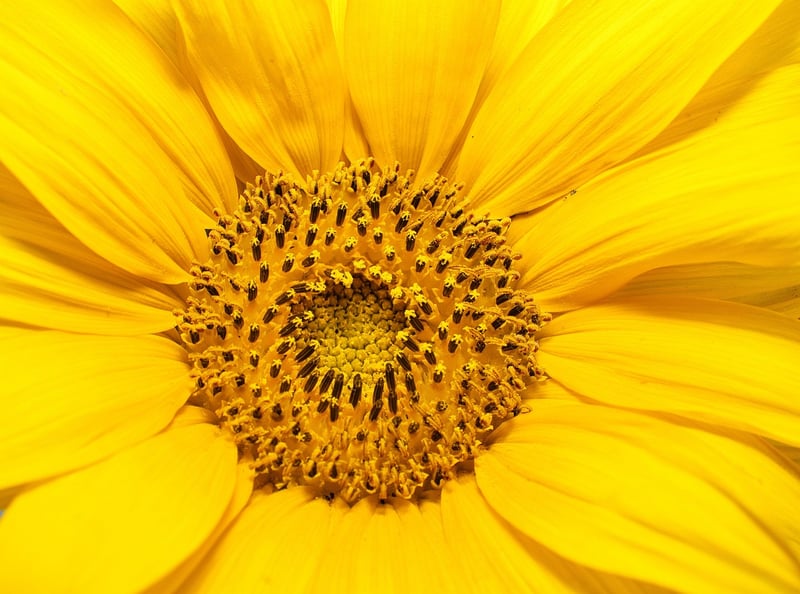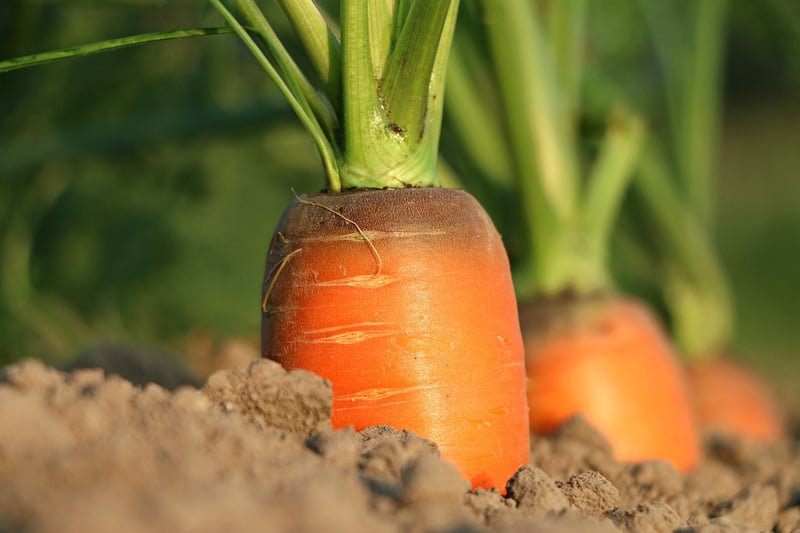Soil Health
Nurturing Plants Indoors for Healthy Soil

Indoor plants not only add beauty to your living space but also contribute to a healthier environment by purifying the air. To ensure your plants thrive indoors, it's crucial to pay attention to the health of the soil they are growing in.
Choosing the Right Soil
When nurturing plants indoors, selecting the right soil is essential. Opt for a well-draining potting mix that is rich in nutrients. Avoid using soil from your garden as it may contain pests or diseases that can harm your indoor plants.
Monitoring Soil Moisture
Over-watering or under-watering can both be harmful to your plants. Invest in a moisture meter to accurately gauge the moisture levels in the soil. Water your plants only when the top inch of soil feels dry to the touch.
Adding Nutrients
Over time, the nutrients in the soil can deplete, affecting the health of your plants. Consider using organic fertilizers to replenish the soil and provide essential nutrients to your indoor plants. Be mindful of the specific needs of each plant species.
Checking pH Levels
Soil pH plays a vital role in the growth of plants. Most indoor plants prefer slightly acidic to neutral soil. Test the pH of your soil using a pH testing kit and adjust it as needed using natural amendments like lime or sulfur.
Preventing Soil Compaction
Soil compaction can restrict root growth and the flow of water and nutrients to your plants. Regularly aerate the soil by gently loosening it with a fork to prevent compaction and promote healthy root development.
Conclusion
By paying attention to the health of the soil your indoor plants are growing in, you can ensure they thrive and continue to brighten up your living space. Remember to choose the right soil, monitor moisture levels, add nutrients, check pH, and prevent soil compaction for healthy and happy indoor plants.
Start your indoor gardening journey today and create a green oasis within your home!

